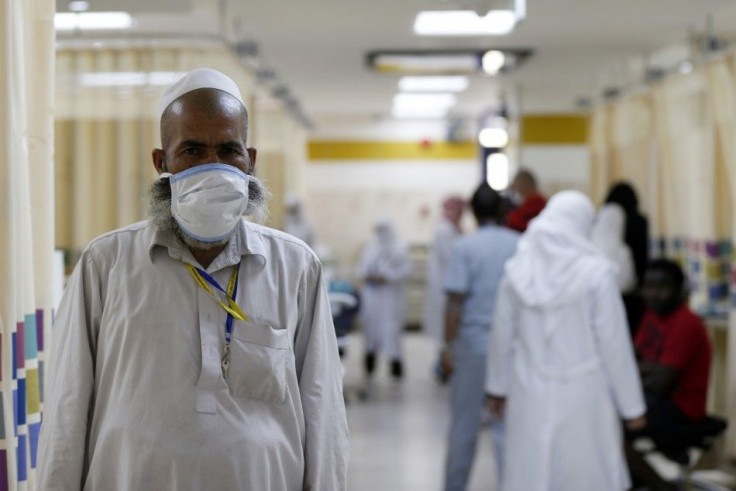Hajj Pilgrims From Ebola-Stricken Nations Banned In Saudi Arabia Mecca

Saudi Arabia has announced it will be rejecting pilgrims from Ebola-stricken nations who want to observe the annual Hajj in Mecca. This is to reduce risks of the virus getting into the Muslim country.
According to The Guardian, Adel al-Faqih, Saudi health minister, said measures have been put into place to bar Muslim brothers from Liberia, Sierra Leone and Guinea to enter Saudi Arabia. Hospitals and relative medical institutions have reportedly been alerted to prepare in case the Ebola springs up at one of the pilgrims already within the country. Over 22,000 general practitioners have also been tapped to deal with the pilgrims should any medical emergency arise.
So far, no diagnosed case of Ebola has been seen among the pilgrims who are already within Saudi Arabia for the Hajj 2014. Medical personnel has been deployed in airports to continuously monitor the influx of travellers.
The decision to bar pilgrims from Sierra Leone, Guinea and Liberia has been coordinated with their respective governments. Visas to pilgrims from those countries will not be entertained, the Saudi government said, according to the same report.
The pilgrimage is highly regarded as mandatory duty for all Muslims to fulfill. Saudi Arabia is expecting three million pilgrims for this year's Hajj season in October.
Nigeria, however, is a different case. Although stricken with the Ebola virus, since it managed to control the outbreak, Nigerians pilgrims will be given visas, Abdulghani Al-Malki, spokesman for Jeddah's King Abdulaziz international airport, told the Oman newspaper Alwatan.
Al-Malki said there are 118,000 pilgrims from Nigeria who are already now in the country. "There was not a single suspected case of the deadly virus among them."
Upon arrival, Saudi Arabia's medical teams immediately board a plane before allowing any passenger to disembark. They check each traveler for any or all symptoms of the virus. Pilgrims are mandated to declare the places they had visited in the last 21 days prior to their arrival in Saudi Arabia. Travellers suspected with Ebola would then be immediately transferred to King Fahd hospital in Jeddah.
This week, the Ebola virus has killed more than 3,000 people, mostly from Liberia, Guinea, and Sierra Leone, according to latest statistics released by the World Health Organisation. A spokesperson from the organisation, Rana Sidani, previously said in an interview with IBTimes UK that the Ebola threat in this year's Hajj is low.





















